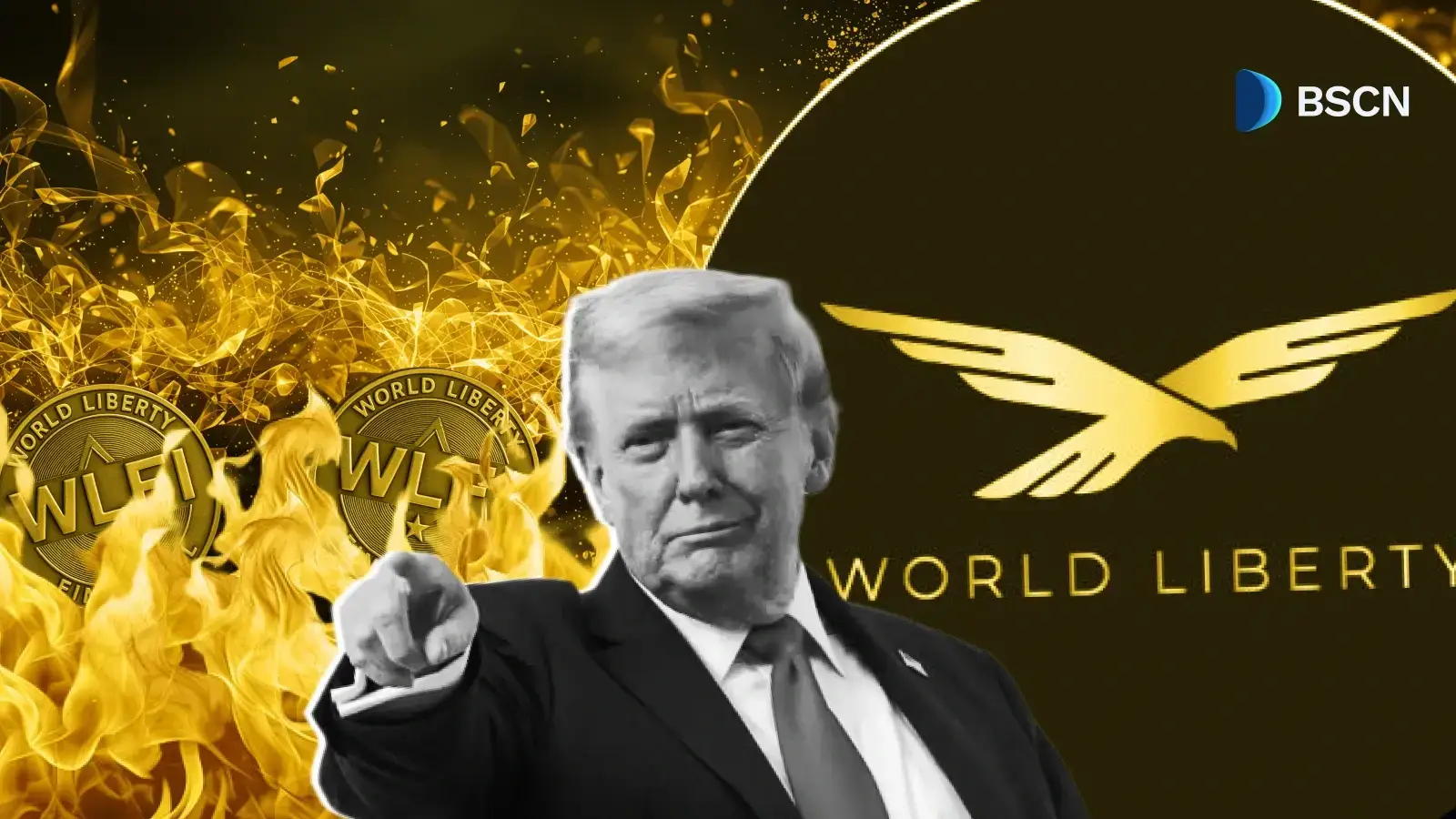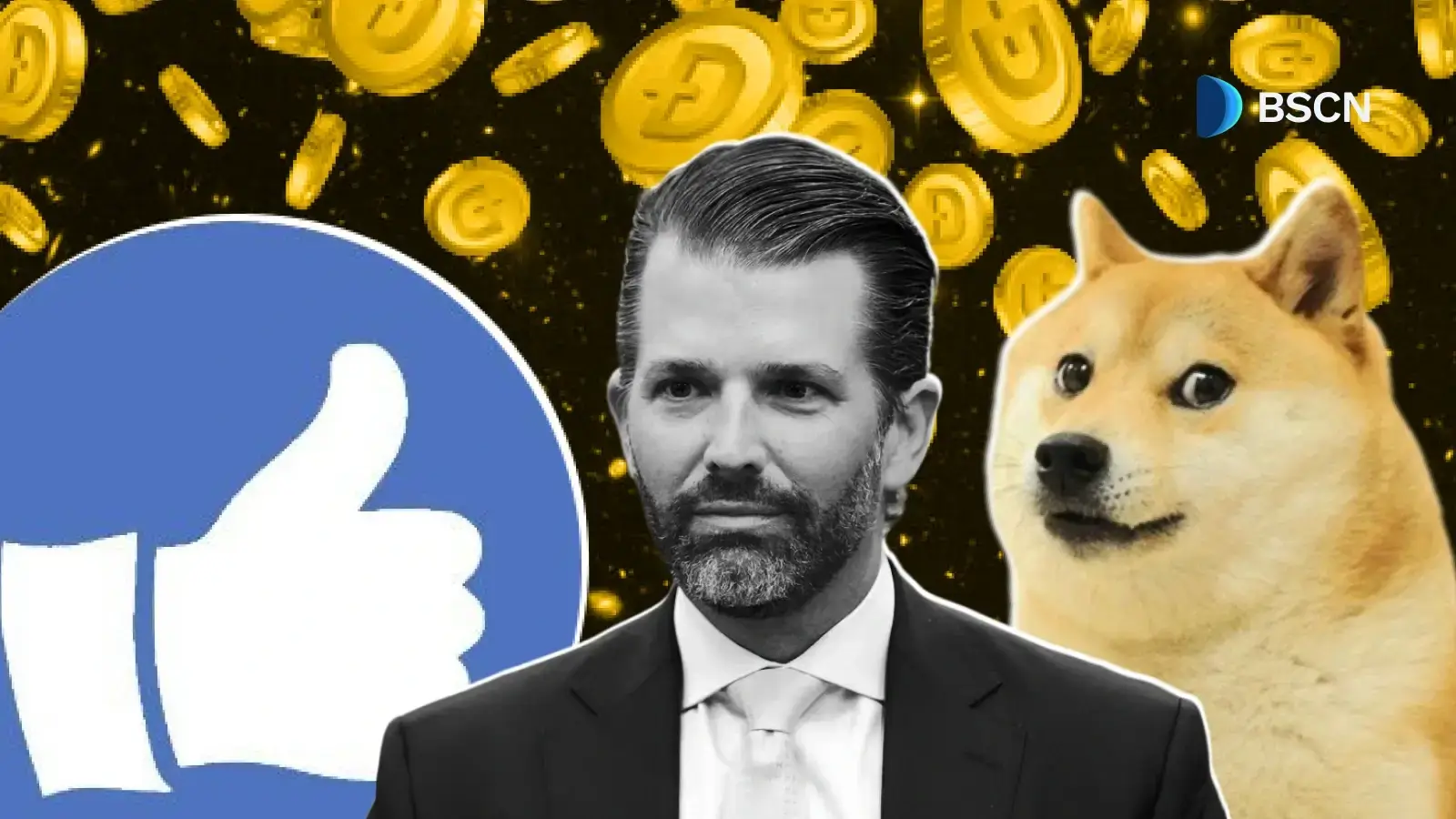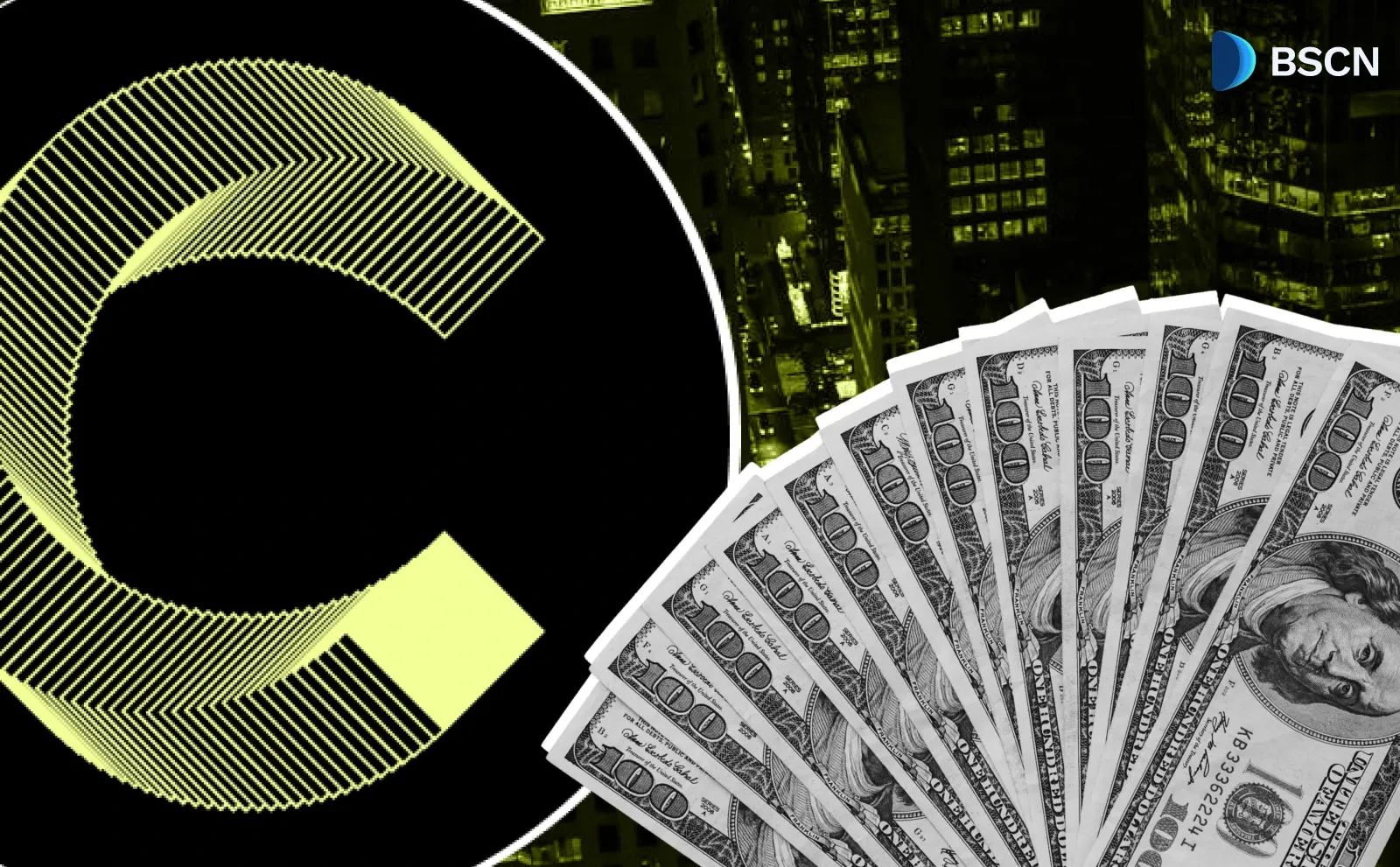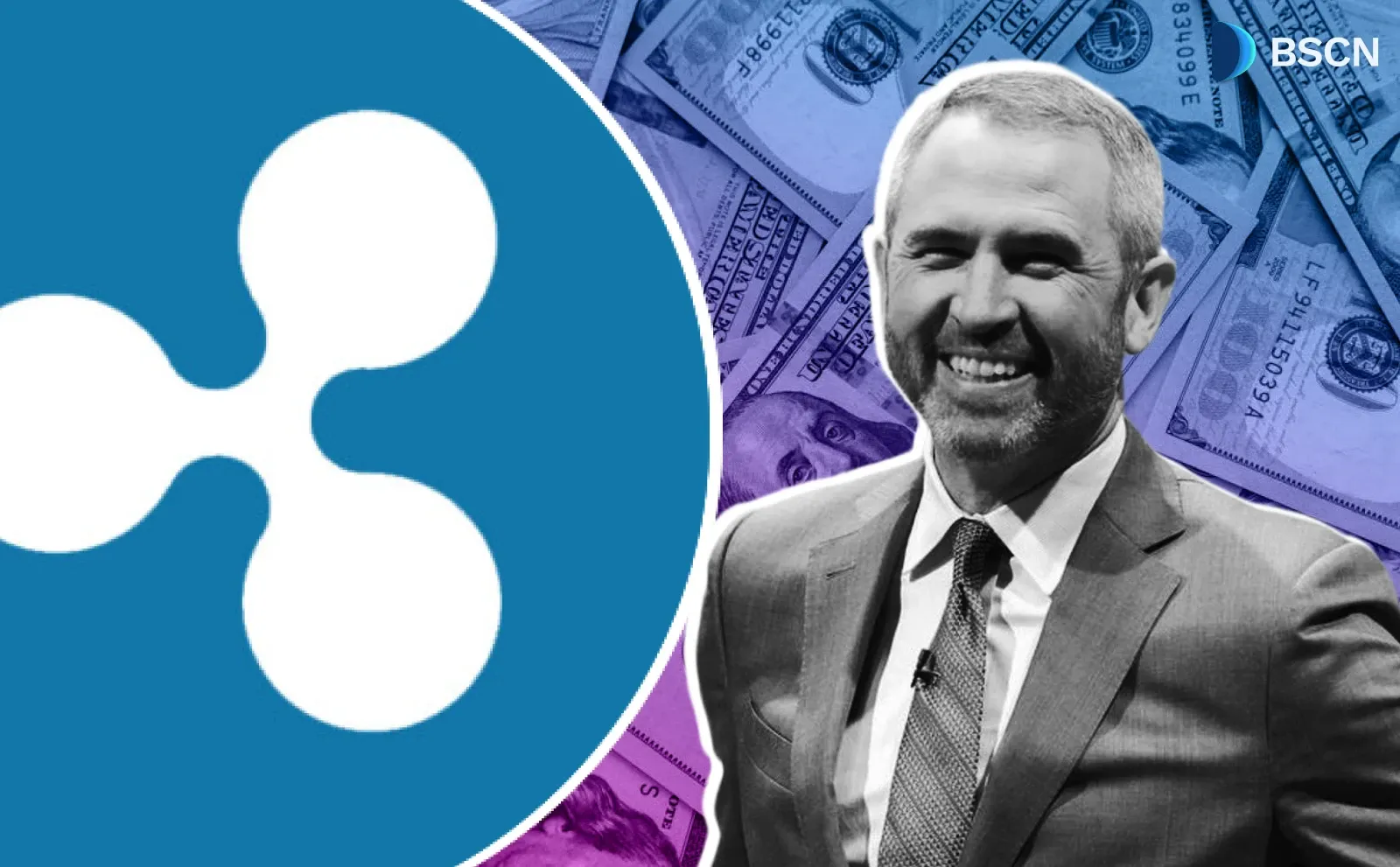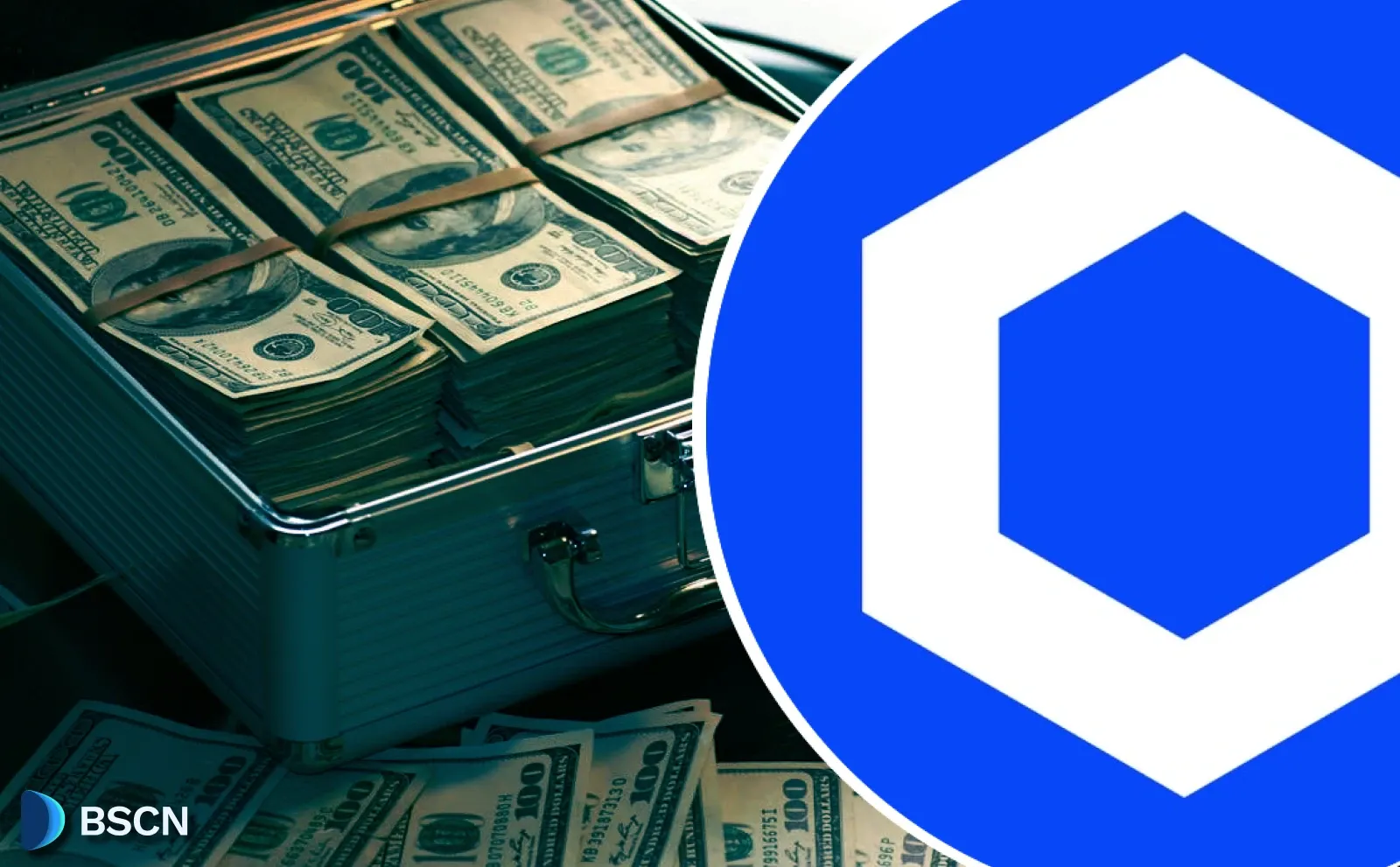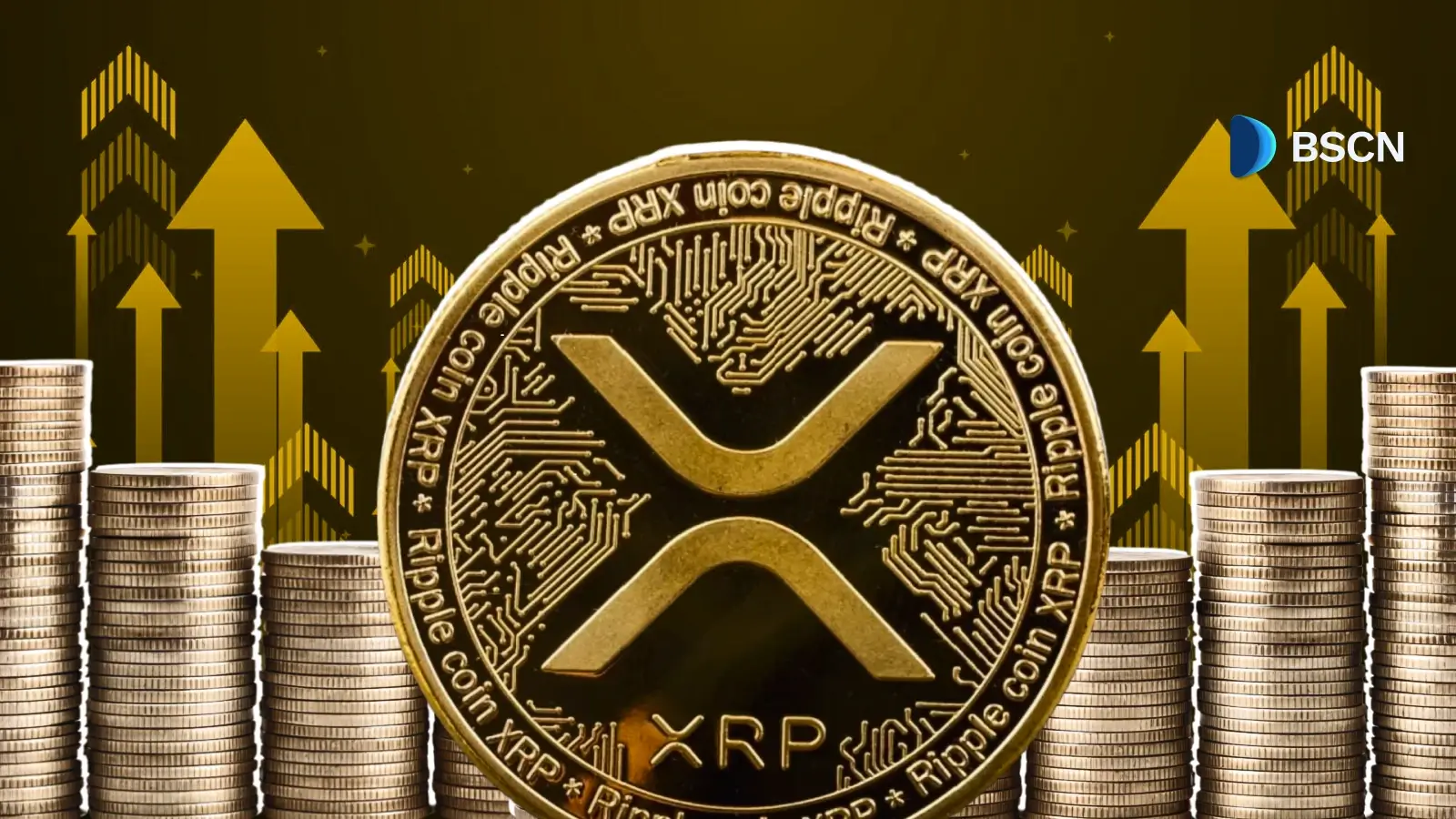Donald Trump Could Make Crypto a National Priority With Executive Order: Report
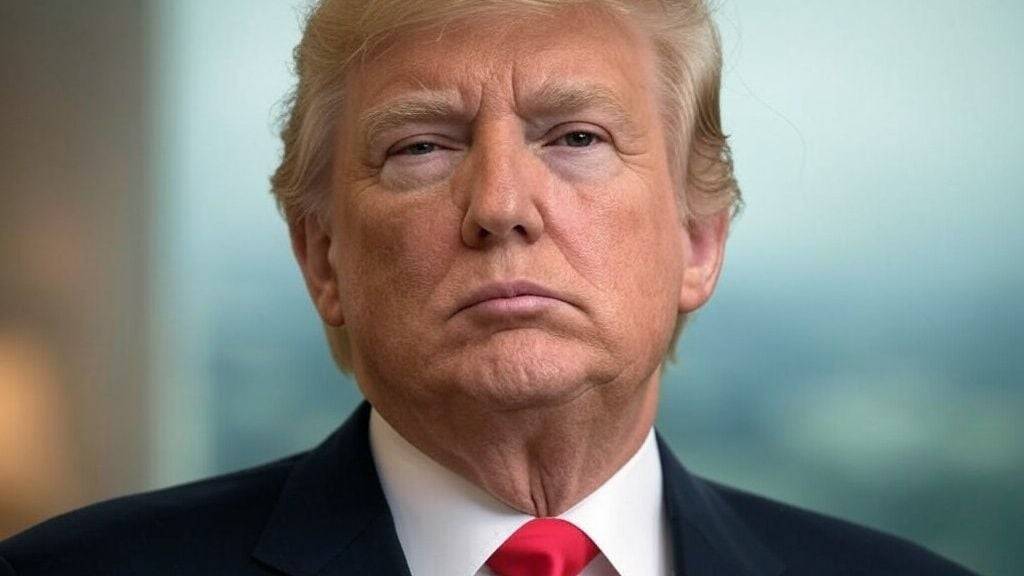
The order could establish a crypto advisory council, offering industry stakeholders a stronger voice in US government policy.
Soumen Datta
January 17, 2025
Table of Contents
US President-elect Donald Trump is expected to sign an executive order on January 20, designating crypto as a national priority, according to a Jan. 17 Bloomberg report.
Per reports, the order, which could be signed on the very first day of his presidency, will include the establishment of a crypto advisory council. This council will help ensure that industry perspectives are integrated into the administration’s policy-making processes.
Sources suggest that the executive order will call on government regulators to work more closely with the crypto industry. The advisory council, made up of executives from various crypto firms, will serve as a key mechanism for fostering communication between the industry and government officials.
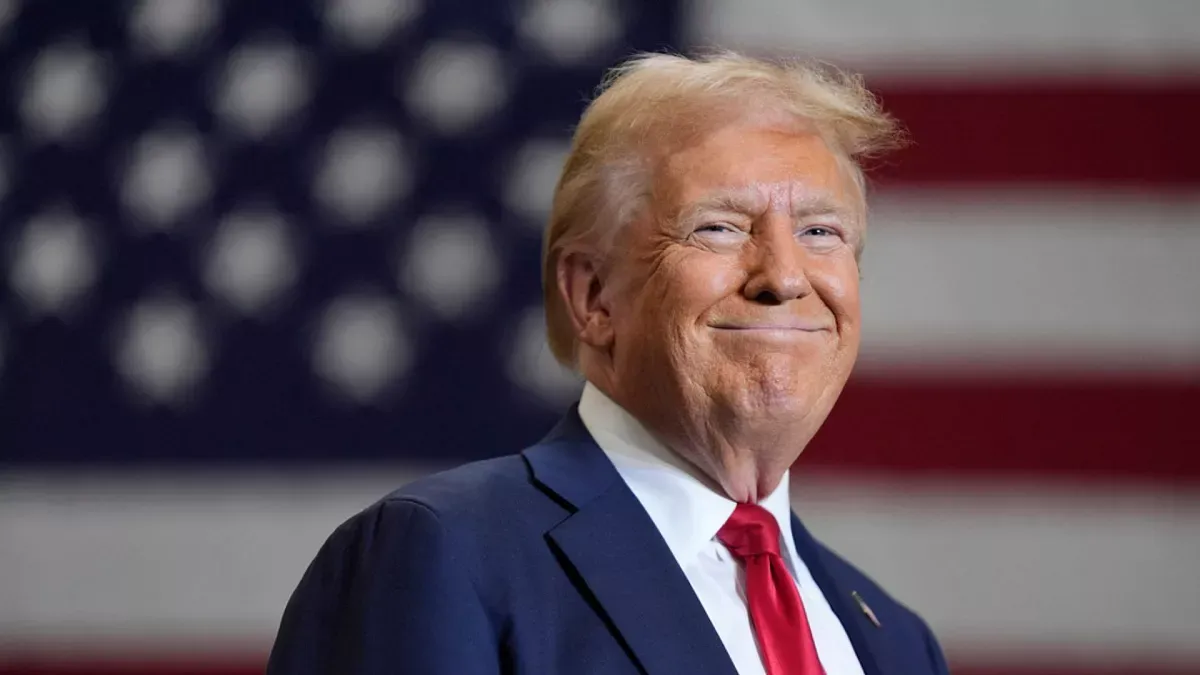
A Move Toward Crypto Regulatory Clarity
Ron Hammond, senior director of government relations at the Blockchain Association, commented in an interview with The Block, that the creation of such a council could prove beneficial for the crypto sector. It would provide an opportunity for key stakeholders to raise concerns and offer recommendations on how to improve the industry’s relationship with regulators.
Though the details remain unclear, Hammond noted that this executive order may set the tone for Trump’s administration to be more supportive of crypto innovation. It is anticipated that the order will push for clarity and reform on crypto regulations, especially as it relates to the treatment of digital assets and the framework for future crypto-related initiatives.
The Bitcoin Reserve
One of the more ambitious proposals under the incoming administration is the potential creation of a national Bitcoin reserve. Currently, the US government holds roughly $20 billion worth of cryptocurrencies, including Bitcoin, seized through law enforcement actions. Some industry experts and lawmakers, including the Bitcoin Policy Institute, are advocating for the use of these seized digital assets to create a strategic Bitcoin reserve.
This idea could provide the US with a powerful tool to address its national debt while positioning Bitcoin as an integral part of the nation’s financial strategy. The proposal has generated support among crypto advocates, who view Bitcoin as an inflation hedge that could boost the country’s global economic standing.
Crypto De-banking and Revisions to Accounting Standards
In addition to the creation of a Bitcoin reserve, the new administration is expected to tackle the issue of crypto de-banking. One of the major hurdles facing crypto companies today is their limited access to banking services.
By repealing certain accounting standards that currently treat banks’ crypto assets as liabilities, the Trump administration reportedly aims to make it easier for financial institutions to hold and manage digital assets. This shift would open up the door for broader market participation and offer crypto firms more efficient banking options.
Reevaluating Legal Proceedings Against Crypto Firms
Under Trump’s administration, legal proceedings against crypto firms could undergo a significant shift. The Securities and Exchange Commission (SEC) may reconsider its ongoing actions, including high-profile cases like the one against Ripple Labs.
According to Stuart Alderoty, Ripple’s chief legal officer, the agency’s long-running case against the firm could be dropped under the new administration. Industry lawyers believe that the SEC may abandon cases involving crypto firms that do not involve fraud allegations.
Trump’s Continued Support for Crypto
Trump has long been a vocal supporter of the cryptocurrency space. His presidential campaign included promises to make the US a global leader in crypto, and he even attended a Bitcoin conference in July to further solidify his support. Additionally, Trump’s family has launched crypto-related initiatives, including World Liberty Financial, which focuses on crypto earning and borrowing.
The expected policies under Trump’s administration represent a stark contrast to those of the Biden administration, which has been more critical of the crypto industry. Over the past few years, the Biden administration has reportedly taken more than 100 enforcement actions against several high-profile crypto firms, including FTX and Binance, and has implemented policies that restricted crypto companies' access to banking services.
Read Next...
Disclaimer
Disclaimer: The views expressed in this article do not necessarily represent the views of BSCN. The information provided in this article is for educational and entertainment purposes only and should not be construed as investment advice, or advice of any kind. BSCN assumes no responsibility for any investment decisions made based on the information provided in this article. If you believe that the article should be amended, please reach out to the BSCN team by emailing [email protected].
Author
 Soumen Datta
Soumen DattaSoumen has been a crypto researcher since 2020 and holds a master’s in Physics. His writing and research has been published by publications such as CryptoSlate and DailyCoin, as well as BSCN. His areas of focus include Bitcoin, DeFi, and high-potential altcoins like Ethereum, Solana, XRP, and Chainlink. He combines analytical depth with journalistic clarity to deliver insights for both newcomers and seasoned crypto readers.
Crypto Project & Token Reviews
Project & Token Reviews
Comprehensive reviews of crypto's most interesting projects and assets
Learn about the hottest projects & tokens




